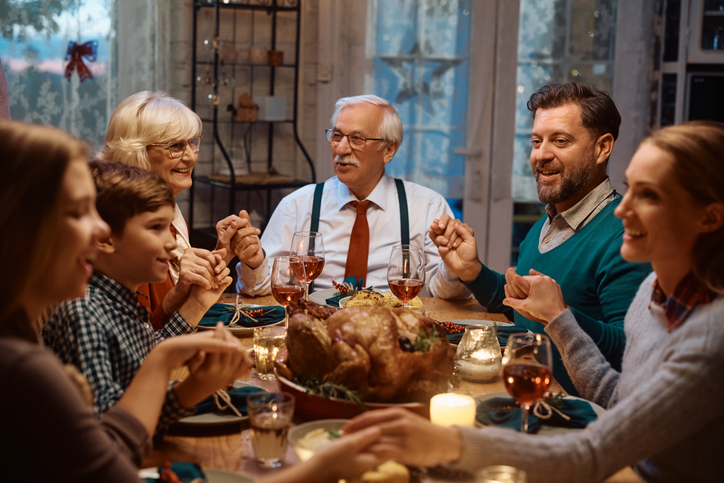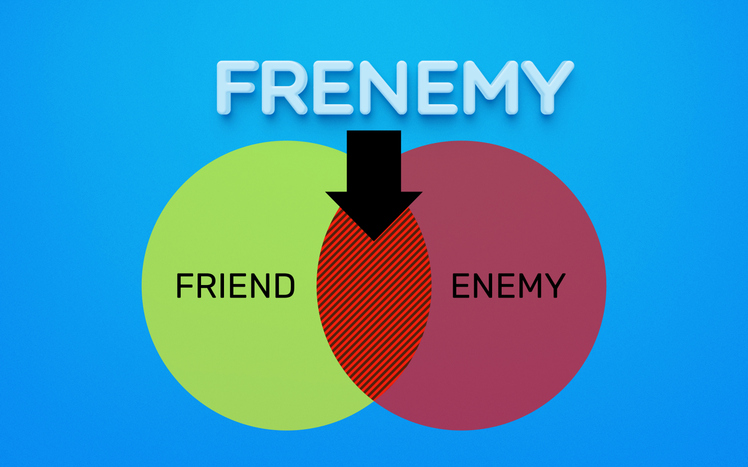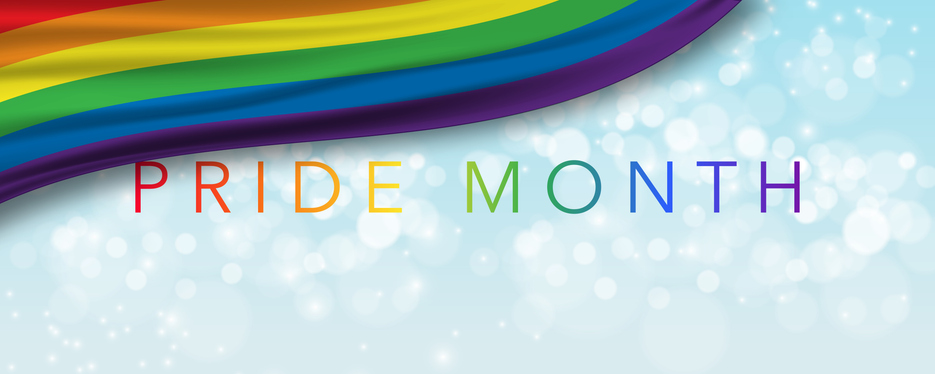Why Can’t We Be Friends—just Friends?
We recently watched a short video at our Thursday Night Group (here). It was entitled “Why is Wicked Pt. 2 Sexualizing Friendship?” by a young woman, Amala Ekpunobi, and meant it to serve as a discussion starter on that exact theme. Why do we as a culture feel the need to sexualize platonic examples of love?
Apparently, there has been a trend online with the two main characters from Wicked, Glinda and Elphaba (aka-the Wicked Witch of the West). Over the course of the story, the two move from a disgust with one another, to forging a deep, intimate friendship. They even fall for the same male protagonist. Meanwhile on social media #gelfie has been seen picking up momentum, “shipping” Glinda and Elphaba into a lesbian couple. What is “shipping” you ask? I had the same question. Here’s the definition: “The desire or support for a romantic relationship between fictional characters or even real people, stemming from the word ‘relation-ship’. Fans who “ship” characters create fan fiction and art, engaging in online discussions hoping to see their chosen pairing become a reality.” You learn something new every day.
You don’t have to be a Wicked fan to catch the concept. Fictional friendships over decades have been gossiped about as being “gay”—Laverne and Shirley, Frodo and Sam, Xena and Gabrielle, and poor Burt and Ernie from Sesame Street. Even Biblical characters are being “shipped” as gay and haven’t escaped the rumor mill: Jonathan and David, Ruth and Naomi—and our Savior Jesus, with his beloved disciple John. Sheesh.
The Four Loves Before and After the Fall
Perhaps one of the reasons love and friendship get mixed up is because we have such a limited vocabulary around these vast topics. Let’s go over to our friend, C.S. Lewis, who wrote extensively about the many words for love from the Greek in his infamous book—The Four Loves. These loves are rooted in the relationships within the Trinity. With that in mind let’s do some quick definitions:
Agape—Attributed to God’s selfless, sacrificial love (John 3:16)
Eros—Romantic, sexual love (Isaiah 54:5)
Philia—Platonic friendship love (John 15:13)
Storge—Familial affection (Psalm 27:10)
What makes each of these loves beautiful and unique “Pre-Fall” is all the different facets were originally infused with Agape love. Romance, friendship and familial love were characterized by a powerful, selfless, sacrificial care. Sadly, all that changed with the selfishness of our first parents. More from C.S.-- “After the Fall, the natural loves remain as gifts from God, but they are prone to distortion and can become destructive if they are not informed by the transforming power of Agape.” --The Four Loves
Yes, as we’ve all experienced. Love not informed by God-like charity can be turned inward: seeking or concentrating on one’s own pleasure or well-being without regard for others. It is excessively concerned with oneself and characterized as possessive, jealous, addictive and idolatrous. Basically, whether covertly or very overtly we’re all looking for someone to meet needs only God can fulfill.
Loves All A Tangle
Another aspect of “broken types of love” is they can become tangled up with one another, which was my experience walking in the doors of Where Grace Abounds. Because of deficits and wounds at various stages developmentally, I was often confused about the type of love I was seeking.
Occasionally, I would find myself attracted to an older man and have an unconscious longing for a “father”. A quiet wish would sound like, “Please take care of me, the world is too much, and I can’t do it on my own” as if I were 7 years old. Or was it a longing for a best friend? I never really had that bestie growing up, where you know someone’s got your back. And of course, since I was in an adult body now, all these longings tended to be sexualized—please be my lover. As if the only way these emotional needs could be met was through a sexual experience. Father, brother, friend or lover?—sheesh, it was confusing at times.
Getting back to our original question about why our culture tends to “ship” close intimate friendships—let’s hear from C.S. again: “Those who cannot conceive Friendship as a substantial love but only as a disguise or elaboration of Eros betray the fact that they have never had a Friend. The rest of us know that though we can have erotic love and friendship for the same person yet in some ways nothing is less like a Friendship than a love affair.” --The Four Loves Pg 77
Amala Questions
Amala poses her own thoughts and questions on the sexualization of friendships at the end of her video:
“Are LGBTQ people “shipping” intimate, platonic friendships into queer relationships for their own self-representation—a need to see themselves reflected in everything?
“When you meet someone who is really loud about who they are, is the underlying force some insecurity in relationships or an insecurity about their identity in general?”
What do you think?
Related Insights
Each group meets specific needs and provide the tools, support, and accountability necessary for lasting change. If you’re ready to take the next step, we’d love to help you find the right Focus Group for your journey.










